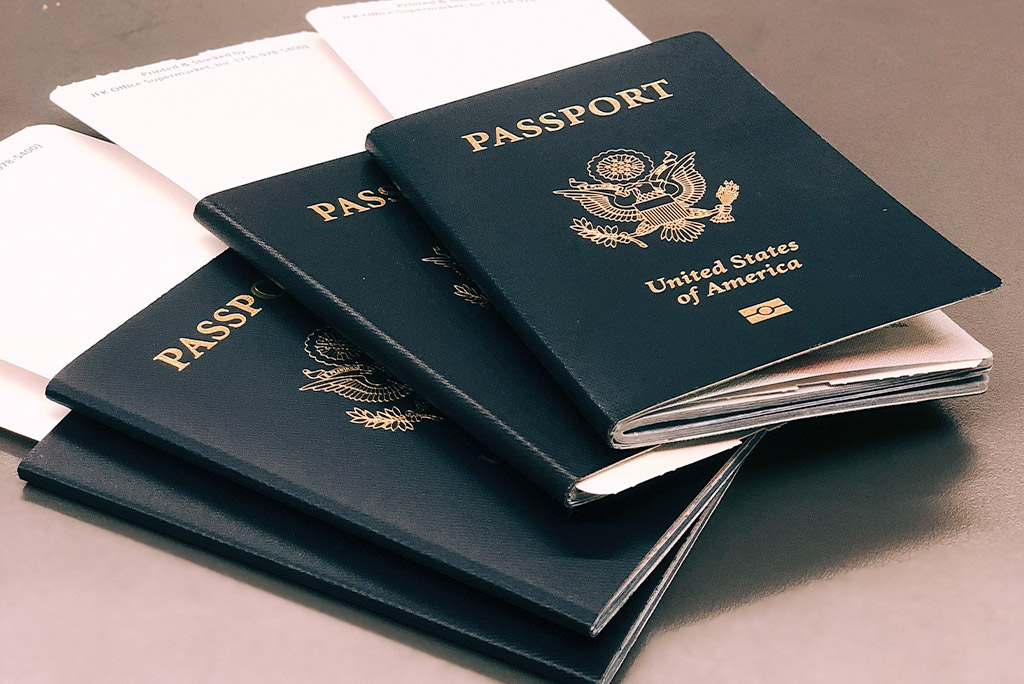COVID-19 Vaccine
What complex and seemingly uncertain times we find ourselves in right now in our lives, families, nation and medicine. Many of our patient families are asking for guidance on how to handle the COVID-19 vaccine for themselves, their families, and their loved ones. The following are our recommendations related to the Pfizer and Moderna COVID-19 vaccinations. At this time, we do not recommend the Johnson & Johnson vaccine, as it is less effective and appears less safe.
COVID-19 is real and a potentially serious illness.
A significantly larger number of people have died from this novel coronavirus than die from the yearly flu. While this number may be slightly inflated it still represents a significant infection that has affected a large portion of the population and resulted in the death of many people.
The COVID-19 vaccine is an effective vaccine, but is not without potential risks.
This is one of the most effective vaccines that we have ever seen produced. It was, however, produced with experimental techniques that have never been used in human vaccination. No company or government representative can tell you this vaccine is risk-free. All COVID-19 vaccines have been approved for emergency use only. Emergency use authorization (EAU) means the vaccines are still experimental and have not yet been determined over a long period of time to be safe. EAU means that the vaccine manufacturers were allowed to skip certain steps in testing and may have limited liability for any future injuries, deaths or decreased fertility rates.
While we know there have been significant reactions initially to the vaccine, these are rare. We do NOT know the true long-term consequences of this vaccine. Currently, this is our major hesitation in universally recommending this vaccine. The first doses were given nearly a year ago and thus far, there have been no reported significant long-term consequences. So, while we are hopeful that we will not see any long-term consequences, we just can’t predict at this point. Only time can tell for sure.
Recommendations Based on Age:
For all age groups it really boils down to weighing risks of serious illness versus risks of vaccine. Considering the information and data currently available, the younger age group most definitely has a higher risk of harm from the vaccine than from the illness, whereas older age patients have a likely higher risk from illness than from the vaccine.
0-20yrs (Not Recommended): In general, we do not recommend the covid-19 vaccine for anyone under the age of 20 years. First of all, what a relief it was as 2020 played out to quickly recognize that this was not a serious illness for the vast majority of pediatric patients. The risk of serious infection, hospitalization and/or death in people less than 25-years old without serious underlying conditions is close to zero percent. Children and young adults have a robust immune system that has processed multiple coronaviruses successfully as these comprise the vast majority of common colds. Because the COVID-19 vaccine is so effective, we do not need to immunize low-risk patients to protect high-risk patients. We do not recommend giving an experimental vaccine to patients who are at nearly 0% risk of serious or life-threatening illness from the infection. All of this is not to say that we believe the vaccine will be harmful or that it is dangerous if you have already received it, just that we generally feel it to be an unnecessary risk in this age group.
20-40yrs (Personal Preference) *: The odds of dying from COVID-19 for this age range are extremely low (but not zero) People must weigh their own personal risks, along with their anxiety regarding infection and the vaccine to determine whether or not they should receive this vaccine and at what point they should do so. The current numbers of infection have dropped significantly in the US, minimizing risk that was already quite low in this age group.
40-65yrs (Recommended for many, but not all) *: In this age group, risk does increase. Each year older, each pound overweight, and each underlying medical condition you have increases this risk. Again, individuals must weigh their own personal risk against the currently known low risk of vaccination and determine their own need or desire for vaccine. Your primary care physician should be able to guide you in this decision. Dr. McDowell would personally recommend this vaccination for many people in this age group, but not all.
*Previously Infected 20-65yrs: If you have already had COVID-19 and suffered no significant illness from it, you will have some, though incomplete, immunity and may choose not to take an experimental vaccine to prevent a disease that did not harm you the first time. Of course, we do not know how long immunity will last (with either the natural illness nor the vaccine) and thus may consider vaccine in the future if needed. If you had a significant reaction to COVID-19 or prolonged illness, you may wish to consider this vaccine to prevent future harm as your lung and other tissues may still suffer consequences in the long term from your initial infection.
65yrs & older (Recommended): Dr. McDowell universally recommends this vaccination in this age group unless there is some reason that you cannot take it. COVID-19 has been particularly harmful to those over 65yrs of age. 96% of deaths have been over the age of 50 but 80% have been over the age of 70 years. Unfortunately, throughout much of the year, our hospitals were full with people generally in the 65+ years age group and clearly this was the largest group of people with severe infection. If this age group were fully vaccinated, as they are close to now, the remainder of the population would be at lower risk and there would be no reason for continued mask usage or lockdowns as we are seeing now.


